Anthony Hopkins
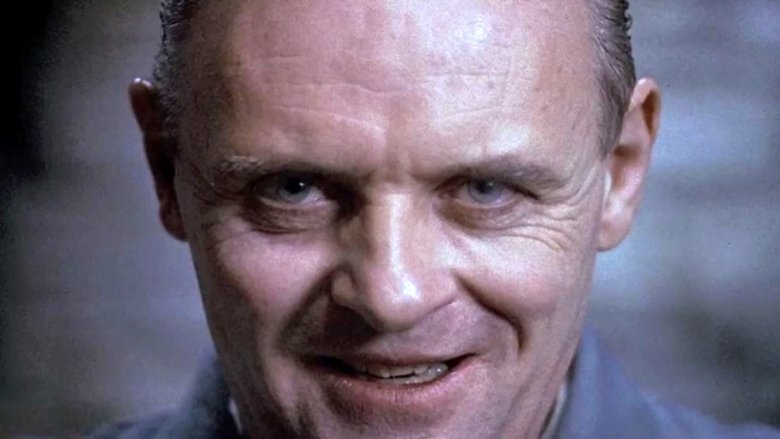
ANTHONY HOPKINS is a Welsh actor, director, film producer, composer and painter, best known for his Oscar-winning performance as Hannibal Lecter in the movie The Silence of the Lambs.
He has a great body of work, often playing malevolent real-life individuals such as William Bligh in The Bounty (1984), Adolf Hitler in The Bunker (1981), Richard Bruno Hauptmann in The Lindbergh Kidnapping Case (1976) and Richard Nixon in Nixon (1995).
He is also known for playing very proper and restrained British characters, as in The Remains of the Day (1993) and Shadowlands (1993).
His most remarkable film, however, was The Silence of the Lambs (1991), for which he won the Oscar for Best Actor and also received a BAFTA for his role as the cannibalistic serial killer Lecter.
Hopkins is not only the recipient of an Academy Award, but three BAFTAs, two Emmys and the Cecil B DeMille Award for his outstanding contribution to the world of entertainment.
In 1997, he was ranked number 57 in Empire (UK) magazine’s Top 100 Movie Stars of All Time list, later receiving a star on the Hollywood Walk of Fame and, in 2008, he was awarded the BAFTA Fellowship for lifetime achievement from the British Academy of Film and Television Arts.
He was appointed a CBE (Commander of the Most Excellent Order of the British Empire) in the 1987 Queen’s Birthday Honours List and awarded the Knight Bachelor of the Order of the British Empire in the 1992 New Year Honours List for his services to the arts.
Anthony Hopkins was born on New Year’s Eve, 1937, in Margam, near Port Talbot, south Wales, to Muriel Anne (Yeats) and Richard Arthur Hopkins, a baker. He was educated at Jones’ West Monmouth School, Pontypool, and Cowbridge Grammar School, but described himself as a “poor learner”, adding, “I grew up absolutely convinced I was stupid.”
Nevertheless, after successfully graduating from the Royal Welsh College of Music & Drama in 1957, he trained at the Royal Academy of Dramatic Art in London, and was then spotted by Laurence Olivier who invited him to join the Royal National Theatre in 1965.

Olivier later noted in his memoir, Confessions of an Actor, that “A new young actor in the company of exceptional promise named Anthony Hopkins was understudying me and walked away with the part of Edgar like a cat with a mouse between its teeth.”
Productions at the National included King Lear, his favourite Shakespeare play. Despite his success in theatre, Hopkins yearned to be on screen and, in 1967, he made his first film for television, A Flea in Her Ear (1967).
In 1968, Hopkins achieved wide recognition in film, playing Richard the Lionheart in The Lion in Winter. In the mid-1970s, Richard Attenborough, who would direct five Hopkins films, called him “the greatest actor of his generation.”
After portraying Hannibal Lecter to great critical acclaim in The Silence of the Lambs, he reprised the role in its sequel Hannibal and the prequel Red Dragon.
Hopkins was nominated for four other Academy Awards for the films The Remains of the Day, Nixon, Amistad and The Two Popes.
Other notable films include: The Elephant Man (1980), 84 Charing Cross Road (1987), Howards End (1992), Bram Stoker’s Dracula (1992), Legends of the Fall (1994), Meet Joe Black (1998), The Mask of Zorro (1998), as well as Thor (2011) and its 2013 and 2017 sequels.
In 2015, he starred in the BBC television film The Dresser, a role he called “the highlight of my life.” In 2016 and 2018, he starred in the HBO television series Westworld.
Hopkins stated that his father’s working-class values have always underscored his life, “Whenever I get a feeling that I may be special or different, I think of my father and I remember his hands – his hardened, broken hands.”
He was inspired in his early acting career by Welsh compatriot Richard Burton, whom he met at the age of 15 and also grew up near Port Talbot. Hopkins recalls, “he was very gracious, very nice”.
They next met in 1975 as Burton prepared to take over Hopkins’s role as the psychiatrist in Peter Shaffer’s Equus on Broadway, with Hopkins recalling: “He was about to go on stage and he said, ‘Why haven’t we worked together? You come from Taibach’. That’s the only time I met him again.
“He was a phenomenal actor. So was Peter O’Toole – they were wonderful, larger-than-life characters”.
Of his career-defining role of Hannibal Lecter, labelled by the American Film Institute as the number one film villain, Hopkins said: “He’s the sort of Robin Hood of killers. He kills the — what do they call them? The terminally rude.”
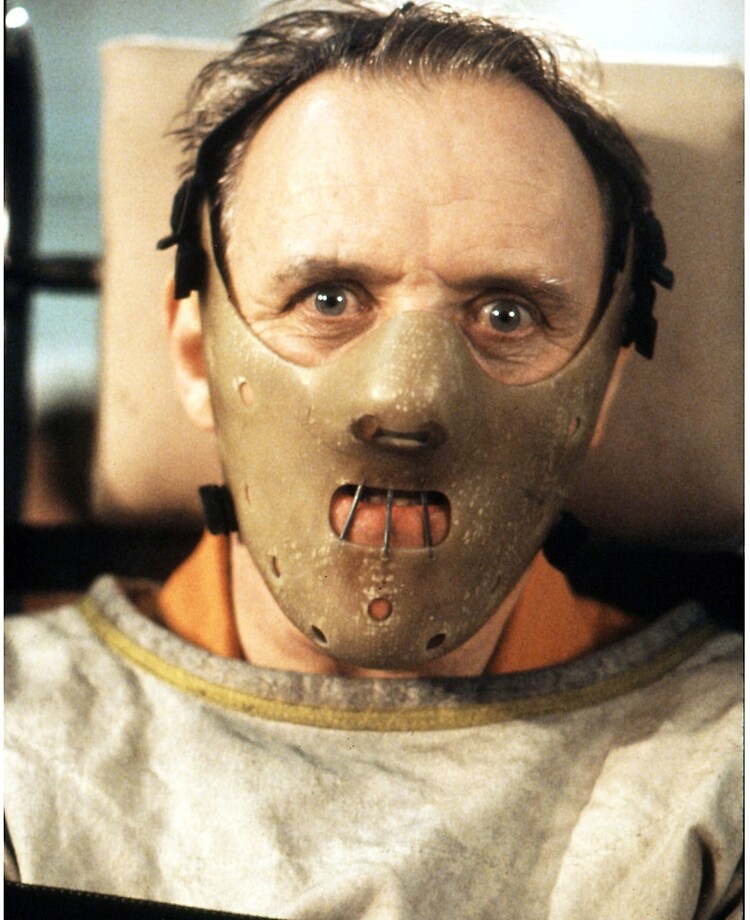
He added: “We like to look into the dark side of ourselves and I think that causes us great fascination and fear. That’s why people like Hannibal Lecter. He was a man caught in a monstrous mind.
“As soon as I saw that script I knew this was one of those special parts. I don’t know why, it’s just an instinct. I’d never heard of the book. I’d never heard of Thomas Harris.
“I read the script and they told me Jonathan Demme was doing it – I’d never heard of him, either. So I watched Married to the Mob and Something Wild, which I thought was a terrific film. And we had the great cast; Jodie Foster. I knew it was something good. That was the only surefire one where I knew it was going to work.
“I remember my first meeting with Jodie in New York, for a reading of the whole script. Jodie had just won the Oscar for The Accused and I was kind of impressed at this wonderful young actor. I was a little intimidated, a little quiet, shy… I didn’t realise she felt the same!”
Commenting on Hopkins’s perfect casting for the role, Silence of the Lambs co-star Foster noted, “Lecter is a manipulator and has a way of using language to keep people at bay. You wanted to see that Shakespearean monster.”
In a 2016 interview with the Radio Times, Hopkins spoke of his ability to frighten people since he was a boy growing up in Port Talbot. “I don’t know why but I’ve always known what scares people.
“When I was a kid I’d tell the girls around the street the story about Dracula and I’d go ‘th-th-th’ (the vile sucking noise which he reproduced in The Silence of the Lambs). As a result, they’d run away screaming.”
He included some unusual touches for Lecter during his preparation for the role, among which were making Lecter’s voice similar to the cutting warble of Katharine Hepburn and almost never blinking, a characteristic he picked up from watching tapes of convicted murderer Charles Manson.
On Hopkins’s approach to playing villains, Miranda Sawyer in The Guardian wrote, “When he portrays deliberately scary people, he plays them quietly, emphasising their sinister control.”
At the time he was offered the role of Lecter, Hopkins was making a comeback on the London stage, performing in M Butterfly. He had returned to Britain after living for a number of years in Hollywood, having all but given up on a career there, saying, “Well, that part of my life’s over; it’s a chapter closed.
“I suppose I’ll just have to settle for being a respectable actor poncing around the West End and doing respectable BBC work for the rest of my life.”
By 1998, Hopkins was Britain’s highest paid performer, starring in The Mask of Zorro and Meet Joe Black and also agreed to reprise his role as Dr Hannibal Lecter for a fee of £15 million.
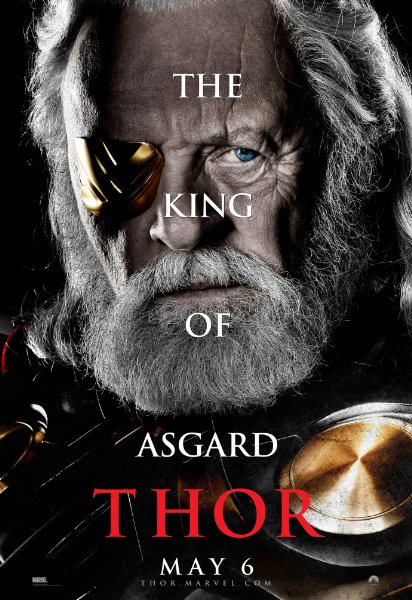
Hopkins decided to return to the US following his 1990s success, becoming a resident of Malibu, California. Retaining his British citizenship, he became a naturalised American citizen on April 12, 2000, with Hopkins stating: “I have dual citizenship; it just so happens I live in America”.
Renowned for his ability to remember lines, Hopkins liked to keep his memory supple by learning things by heart such as poetry and Shakespeare. In Steven Spielberg’s Amistad, Hopkins astounded the crew with his memorisation of a seven-page courtroom speech, delivering it in one go.
Hopkins is a well-known mimic, adept at turning his native Welsh accent into whatever is required by a character. He duplicated the voice of his late mentor, Laurence Olivier, for additional scenes in Spartacus in its 1991 restoration.
His interview on the 1998 relaunch edition of the British TV talk show Parkinson featured an impersonation of the late Welsh comedian Tommy Cooper. On February 23, 2008, as patron of the Tommy Cooper Society, he unveiled a commemorative statue in the entertainer’s home town of Caerphilly. For the ceremony, he donned Cooper’s trademark fez and performed a comic routine.
In 1990, Hopkins directed a film about his Welsh compatriot, poet Dylan Thomas, titled Dylan Thomas: Return Journey, which was his directing debut for the screen.
In 1995, he directed August, an adaptation of Chekhov’s Uncle Vanya set in Wales. His first screenplay, an experimental drama called Slipstream, which he also directed and scored, premiered at the Sundance Film Festival in 2007.
In October 2015, Hopkins appeared as Sir in a BBC Two production of Ronald Harwood’s The Dresser, alongside Ian McKellen, Edward Fox and Emily Watson. The Dresser is set in a London theatre during the Blitz, where an ageing actor-manager, Sir, prepares for his starring role in King Lear with the help of his devoted dresser, Norman.
Hopkins described his role as Sir as “the highlight of my life. It was a chance to work with the actors I had run away from.”
He spoke again on the impact the role had on him in 2018, “When I was at the Royal National Theatre all those years ago, I knew I had something in me, but I didn’t have the discipline. I had a Welsh temperament and didn’t have that ‘fitting in’ mechanism.
“I would fight, I would rebel. I thought, ‘Well, I don’t belong here.’ And for almost 50 years afterwards, I felt that edge of, ‘I don’t belong anywhere, I’m a loner.’ But in The Dresser, when Ian [McKellen] responded, it was wonderful. We got on so well and I suddenly felt at home, as though that lack of belonging was all in my imagination, all in my vanity”.
In 2019, Hopkins portrayed Pope Benedict XVI in The Two Popes. He stated, “The great treasure was working with – apart from [director] Fernando Meirelles – Jonathan Pryce. We’re both from Wales. He’s from the north, and I’m from the south”. Hopkins and Price would receive Academy Award, BAFTA and Golden Globe nominations.
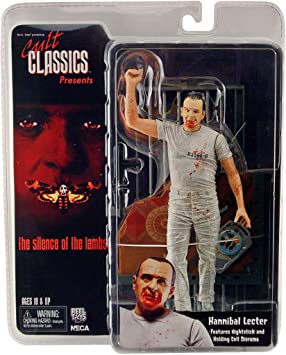
One of his great loves is music. In a 2012 interview, Hopkins stated, “I’ve been composing music all my life and if I’d been clever enough at school I would like to have gone to music college. As it was, I had to settle for being an actor.”
In 1986, he released a single called Distant Star, which peaked at number 75 in the UK singles chart. Hopkins has also written music for the concert hall, in collaboration with Stephen Barton as orchestrator. These compositions include The Masque of Time, given its world premiere with the Dallas Symphony Orchestra in October 2008, and Schizoid Salsa.
In 1964 Hopkins composed a waltz named And The Waltz Goes On, but he kept it in a drawer for many years until his wife contacted Dutch violinist and conductor André Rieu in 2010. Rieu arranged the piece and it premiered in Vienna in 2011 in the presence of Hopkins. Rieu included the waltz in his playlist for his next tour and produced a CD named after the waltz.
In January 2012, Hopkins released an album of classical music, entitled Composer, performed by the City of Birmingham Symphony Orchestra, and released on CD via the UK radio station Classic FM. The album consists of nine of his original works and film scores, with one of the pieces titled Margam in tribute to his home town.
Hopkins has offered his support to various charities and appeals, notably becoming president of the National Trust’s Snowdonia Appeal, raising funds for the preservation of Snowdonia National Park in north Wales. In 1998, he donated £1 million towards the £3 million needed to aid the Trust’s efforts in purchasing parts of Snowdon.
Prior to the campaign, Hopkins authored Anthony Hopkins’ Snowdonia, which was published in 1995. Hopkins described the Snowdonia region of north Wales as “one of the most beautiful places in the world and Snowdon is the jewel that lies at its heart. It must be cherished and protected.”
Due to his contributions to Snowdonia, in addition to his film career, in 2004 Hopkins was named among the 100 Welsh Heroes in an online poll.
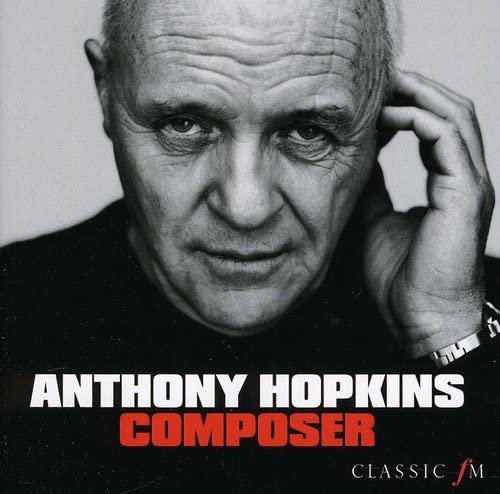
Hopkins has been a long-standing patron of the YMCA centre in his home town of Port Talbot and contributed toward the refurbishment of a £2.3 million wing at his alma mater, the Royal Welsh College of Music & Drama in Cardiff, named the Anthony Hopkins Centre. It opened in 1999.
Hopkins is a prominent member of environmental protection group Greenpeace and as of early 2008 featured in a television advertisement campaign, voicing concerns about Japan’s continuing annual whale hunt. He has also been a patron of RAPt (Rehabilitation for Addicted Prisoners Trust) since its early days and in 1992 helped open their first intensive drug and alcohol rehabilitation unit at Downview (HM Prison), a women’s prison in Surrey, England.
Hopkins himself is a recovering alcoholic, staying sober after he stopped drinking in late 1975. “I hated the ‘Sixties,” he said. “It was one long, wet Wednesday afternoon in the Waterloo Road. For most of it I was drinking myself into oblivion.
“From the moment I made that decision [to give up drinking] a very powerful thought shot into my brain – it’s all over, now you can start living.”
In January 2017, in an interview with The Desert Sun, Hopkins reported that he had been diagnosed with Asperger syndrome, but that he was “high end”.
Hopkins has been married three times; to Petronella Barker from 1966 to 1972; to Jennifer Lynton from 1973 to 2002; and, since 2003, to Stella Arroyave. On Christmas Eve 2012, he celebrated his 10th wedding anniversary by having a blessing at a private service at St Davids Cathedral in St Davids, Pembrokeshire, in the most westerly point of Wales.
He has a daughter, actress and singer Abigail Hopkins, from his first marriage. The two are estranged; when asked if he had any grandchildren, he said, “I don’t have any idea. People break up. Families split and, you know, ‘Get on with your life.’ People make choices. I don’t care one way or the other.”
In 1988, he was awarded an honorary D.Litt. degree and in 1992 received an honorary fellowship from the University of Wales, Lampeter. He was made a freeman of his home town, Port Talbot, in 1996.
The Anthony Hopkins Theatre at the Theatre Clwyd Cymru in Mold, north Wales, was named in his honour, as was The Anthony Hopkins School of Dramatic Arts in Invercargill, New Zealand.
Hopkins is known to volunteer at the Ruskins School of Acting in Santa Monica, California, where he has taught everything from Shakespeare to scenes, theory, and monologues.
BACK TO HOME PAGE